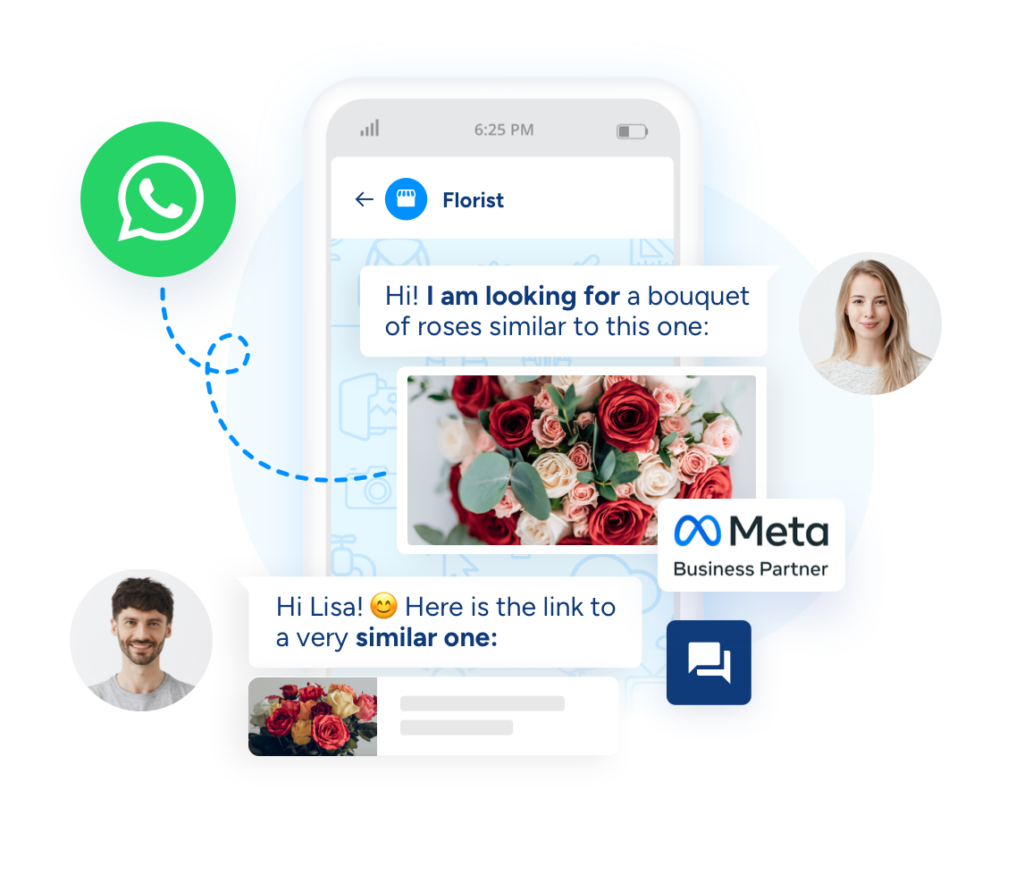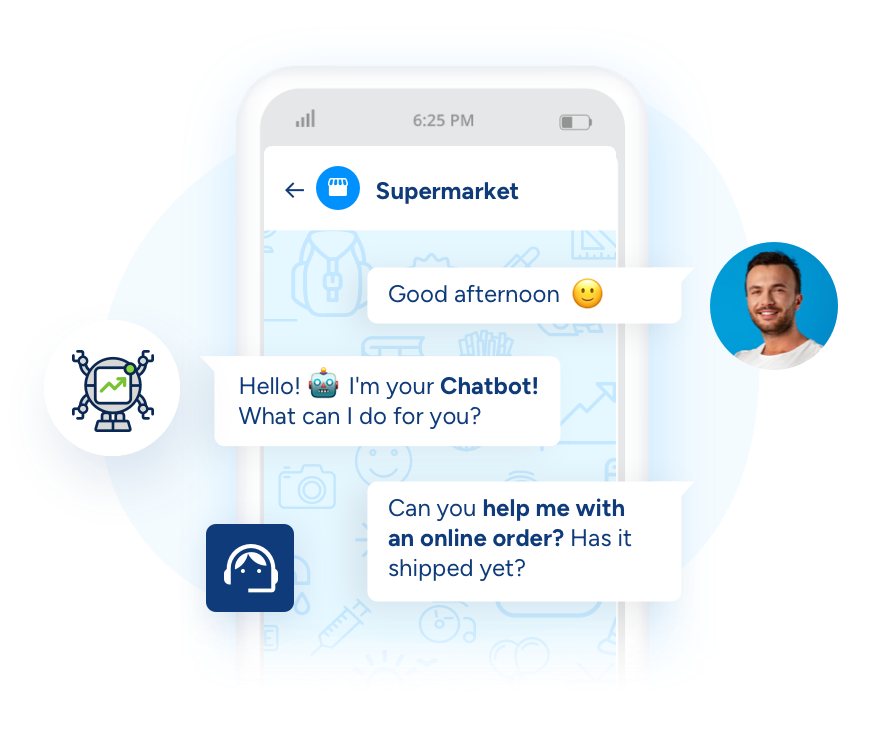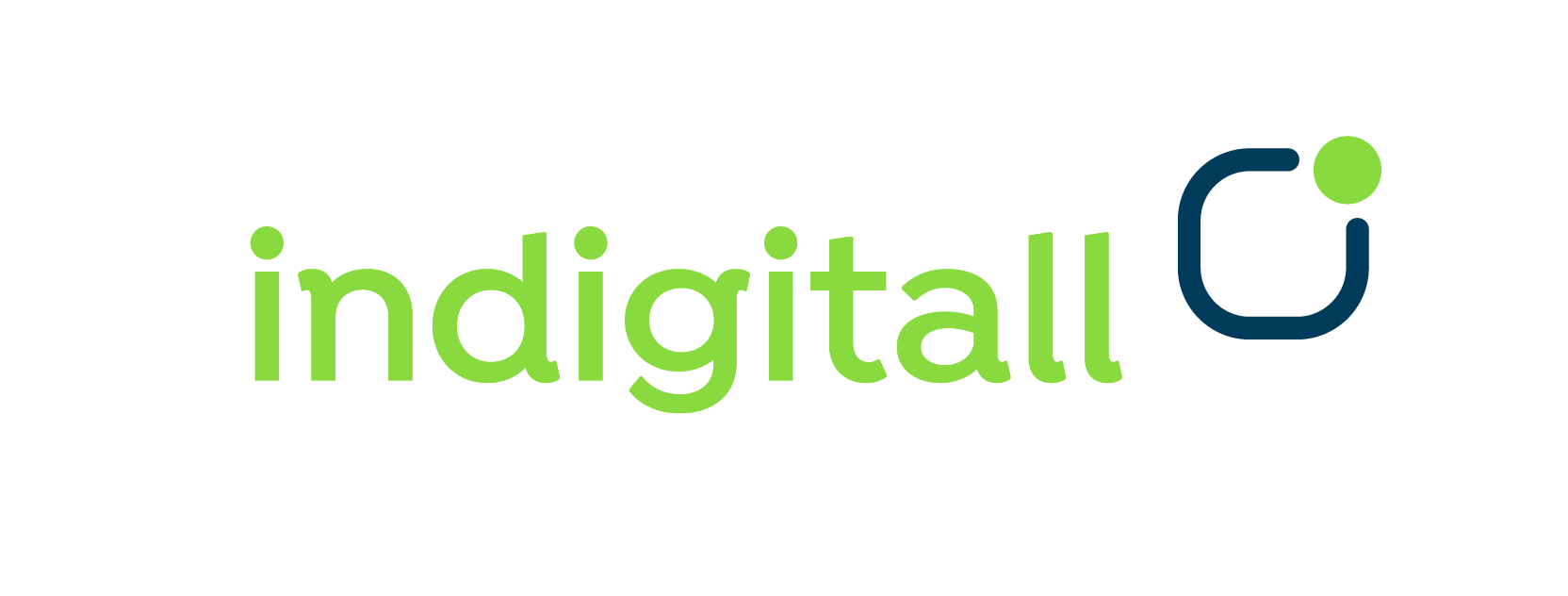
WhatsApp Business API vs WhatsApp Business: Which is Right For You?
Overview
Introduction
WhatsApp has become an integral part of modern communication, not just for personal use but increasingly for businesses as well. With over 2 billion active users worldwide, WhatsApp offers an unparalleled opportunity for companies to connect with their customers on a platform they use daily.
WhatsApp Business API vs WhatsApp Business: What’s the Difference?
WhatsApp provides two primary solutions for businesses:
- WhatsApp Business App: A free application designed for small businesses and individual entrepreneurs. It offers basic features like business profiles, automated messages, and simple analytics.
- WhatsApp Business API: A more robust solution tailored for medium to large enterprises, offering advanced features such as scalable messaging, multi-user access, and deep integration capabilities with existing business systems.
These offerings cater to different business sizes and needs, providing a range of tools to enhance customer communication and support.

Importance of WhatsApp for Business Communication
WhatsApp has become a crucial channel for business communication due to several factors:
- Widespread Adoption: With its massive user base, WhatsApp provides businesses access to a vast audience already familiar with the platform.
- Rich Messaging Capabilities: Businesses can send not just text, but also images, videos, and documents, making communication more engaging and informative.
- Real-Time Interaction: WhatsApp enables instant, two-way communication, allowing businesses to provide quick responses and support to customers.
- Cost-Effective: Compared to traditional communication channels, WhatsApp offers a more affordable option for businesses to reach and engage with their customers.
- Enhanced Customer Experience: Features like automated responses, quick replies, and interactive messages help businesses provide better and more efficient customer service.
- By leveraging WhatsApp for business communication, companies can enhance customer engagement, streamline support processes, and ultimately drive growth in an increasingly digital marketplace.
WhatsApp Business App
The WhatsApp Business App is a free-to-download application designed specifically for small businesses and individual entrepreneurs. It offers a range of features to help businesses communicate more effectively with their customers on WhatsApp.
A. Overview and Target Users
The WhatsApp Business App is tailored for:
- Small businesses
- Local shops
- Solo entrepreneurs
- Freelancers
It's ideal for businesses that manage customer communications primarily through a single device and don't require extensive automation or multi-user access.
B. Key Features
Business Profile
- Create a detailed business profile with essential information5
- Include business hours, location, website, and description
- Helps establish credibility and provides quick access to important details
Automated Messages
- Set up automated welcome messages for new customers
- Create away messages for when you're unavailable
- Implement quick replies for frequently asked questions
Quick Replies
- Save and reuse messages you frequently send
- Respond to common inquiries efficiently
- Customize messages for a personal touch
Catalogs
- Showcase products and services directly in the app
- Upload up to 500 items with images, descriptions, and prices
- Share specific products in chat conversations
C. Limitations
Single Device Usage
- Can only be used on one device at a time
- Limits ability to manage communications across multiple team members
Limited Broadcast Capabilities
- Restricted to sending broadcasts to a maximum of 256 contacts at once
- Not suitable for large-scale messaging campaigns
Basic Automation
- Offers simple automated responses and quick replies
- Lacks advanced chatbot capabilities or complex workflow automation
While the WhatsApp Business App provides valuable tools for small businesses, its limitations in scalability and advanced features make it less suitable for larger enterprises or businesses with more complex communication needs. For such cases, the WhatsApp Business API offers more robust solutions.
WhatsApp Business API
The WhatsApp Business API is a powerful solution designed for medium to large enterprises seeking to leverage WhatsApp's massive user base for customer communication at scale.
A. Overview and Target Users
The WhatsApp Business API is tailored for:
- Medium to large businesses
- Enterprises with high message volumes
- Companies requiring advanced automation and integration capabilities
Unlike the WhatsApp Business App, the API is not a standalone application but a set of tools that can be integrated into existing business systems.
B. Key Features
Multi-user Access
- Allows multiple team members to access and manage the WhatsApp account simultaneously
- Supports role-based access control for different departments (e.g., sales, support, marketing)
Advanced Automation Capabilities
- Enables the creation of sophisticated chatbots for handling complex customer interactions
- Supports rule-based messaging flows and AI-powered responses
- Allows for scheduled messaging and automated follow-ups
Integration with Existing Systems
- Seamlessly connects with CRM systems, helpdesk software, and other business tools
- Enables data synchronization across platforms for a unified customer view
- Supports integration with analytics tools for comprehensive reporting
Scalable Messaging
- Handles high-volume messaging without performance degradation
- Supports bulk messaging campaigns to opted-in users
- Provides robust infrastructure for managing large customer bases
C. Implementation Process
Official Business Solution Provider (BSP) Requirement
- Businesses must work with an official WhatsApp Business Solution Provider
- BSPs offer expertise in API implementation and ensure compliance with WhatsApp's policies
Account Setup and Verification
- Rigorous verification process to ensure business legitimacy
- Requires submission of business documentation and identity verification
- Upon approval, businesses receive a verified green badge on their profile
Message Template Approval
- All outbound message templates must be pre-approved by WhatsApp
- Strict guidelines on content to prevent spam and ensure quality communication
- Template approval process can take several days and may require revisions
The WhatsApp Business API offers powerful capabilities for large-scale customer communication, but it requires more technical expertise and resources to implement compared to the WhatsApp Business App. However, for businesses with the need and capacity, it provides unparalleled opportunities for enhancing customer engagement and streamlining communication processes.
Comparison of WhatsApp Business App vs WhatsApp Business API
Understanding the key differences between the WhatsApp Business App and WhatsApp Business API is crucial for businesses to choose the right solution for their needs. Here's a detailed comparison across several important aspects:
A. Scalability
WhatsApp Business App:
- Limited to single-device usage
- Suitable for small businesses with low message volumes
- Can handle up to 256 contacts in broadcast lists
WhatsApp Business API:
- Highly scalable, capable of handling thousands of conversations simultaneously
- Suitable for medium to large enterprises with high message volumes
- No limit on broadcast list size, subject to WhatsApp's policies

B. Automation Capabilities
WhatsApp Business App:
- Basic automation features like greeting messages and quick replies
- Limited chatbot functionality
- Manual handling required for most interactions
WhatsApp Business API:
- Advanced automation options including sophisticated chatbots
- Supports complex decision trees and AI-powered responses
- Ability to create custom workflows and automate large-scale messaging
C. Integration with Business Systems
WhatsApp Business App:
- Standalone application with no direct integration capabilities
- Manual data entry and management required
WhatsApp Business API:
- Seamless integration with CRM, ERP, and other business systems
- Allows for real-time data synchronization and automated workflows
- Can be integrated with custom applications and third-party tools
D. Cost Structure
WhatsApp Business App:
- Free to download and use
- No additional costs for messaging or features
WhatsApp Business API:
- Pricing based on message volume and often includes setup fees
- Costs vary depending on the chosen Business Solution Provider (BSP)
- Additional charges for advanced features and integrations
E. User Management
WhatsApp Business App:
- Single user account tied to one phone number
- Limited team collaboration features
WhatsApp Business API:
- Supports multi-user access with role-based permissions
- Allows multiple agents to handle conversations simultaneously
- Advanced team management and workflow assignment capabilities
F. Analytics and Reporting
WhatsApp Business App:
- Basic analytics including message counts and delivery statistics
- Limited insights into customer engagement
WhatsApp Business API:
- Comprehensive analytics covering message performance, customer engagement, and agent productivity
- Customizable reporting dashboards
- Ability to integrate with advanced business intelligence tools
By considering these factors, businesses can make an informed decision on which WhatsApp solution best fits their communication needs, operational scale, and growth objectives.
Use Cases
Understanding the appropriate scenarios for each WhatsApp business solution can help companies make informed decisions about which platform best suits their needs.
A. Small Business Scenarios (WhatsApp Business App)
The WhatsApp Business App is ideal for small businesses and individual entrepreneurs in various scenarios:
Local Retail Shops
- Sharing product catalogs with customers
- Answering inquiries about stock availability
- Providing store hours and location information
Service Providers (e.g., plumbers, electricians)
- Scheduling appointments
- Sending quick quotes for services
- Sharing before/after photos of completed work
Restaurants and Cafes
- Taking reservations
- Sharing daily specials or menus
- Handling takeout orders
Freelancers and Consultants
- Communicating with clients
- Sharing project updates
- Sending invoices and receiving payments
Small Online Retailers
- Providing order status updates
- Answering product-related questions
- Handling simple customer support inquiries
B. Enterprise-Level Applications (WhatsApp Business API)
The WhatsApp Business API is suited for larger businesses with more complex communication needs:
E-commerce Platforms
- Sending automated order confirmations and shipping updates
- Implementing chatbots for 24/7 customer support
- Handling returns and exchanges at scale
Banking and Financial Services
- Sending account alerts and transaction notifications
- Providing secure two-factor authentication
- Offering personalized financial advice through AI-powered chatbots
Travel and Hospitality
- Sending booking confirmations and itinerary updates
- Providing real-time flight or hotel information
- Offering concierge services through automated systems
Healthcare Providers
- Sending appointment reminders
- Providing telemedicine consultations
- Sharing lab results securely
Large-scale Customer Support Operations
- Managing high volumes of customer inquiries across multiple agents
- Implementing sophisticated ticket routing systems
- Integrating with CRM systems for comprehensive customer profiles
Telecommunications Companies
- Sending billing notifications and payment reminders
- Providing technical support through automated troubleshooting guides
- Offering personalized plan upgrades based on usage patterns
By leveraging the appropriate WhatsApp business solution for their specific use case, companies can enhance customer communication, streamline operations, and ultimately drive business growth.
Choosing the Right Solution
Selecting the appropriate WhatsApp business solution is crucial for maximizing customer engagement and operational efficiency. Here's a guide to help you make an informed decision:
A. Factors to Consider
Business Size and Customer Base
- Small businesses with limited customer interactions may find the WhatsApp Business App sufficient
- Larger enterprises with a broad customer base should consider the WhatsApp Business API for scalability
Message Volume
- Low to moderate message volumes can be managed with the Business App
- High-volume messaging requires the Business API's advanced capabilities
Integration Needs
- Businesses requiring integration with CRM, ERP, or other systems should opt for the Business API
- Standalone operations with minimal integration needs can utilize the Business App
Budget Considerations
- The Business App is free, making it ideal for cost-conscious small businesses
- The Business API involves costs but offers greater value for businesses with complex communication needs
B. Decision Framework
- Assess your current and projected customer communication volume
- Evaluate your need for automation and integration with existing systems
- Consider your budget and potential return on investment from enhanced communication capabilities
- Determine the level of customization and control you require over your messaging
Implementation Best Practices
- For WhatsApp Business App
- Optimize your business profile with complete and accurate information
- Utilize quick replies and labels to organize conversations efficiently
- Create a product catalog to showcase your offerings
- Set up automated messages for common inquiries
- Regularly review analytics to improve your communication strategy
- For WhatsApp Business API
- Partner with a reputable WhatsApp Business Solution Provider (BSP)
- Develop a clear strategy for automated messaging and chatbots
- Create and submit message templates for approval to ensure compliance
- Integrate the API with your existing CRM and support systems
- Implement robust security measures to protect customer data
- Train your team on using the new system effectively
Using a WhatsApp BSP
When implementing the WhatsApp Business API, working with a Business Solution Provider (BSP) is essential. A BSP can:
- Simplify the API integration process
- Provide additional tools and features for managing communications
- Ensure compliance with WhatsApp's policies and best practices
- Offer ongoing support and updates
Choose a BSP that aligns with your business needs, offers reliable support, and has a track record of successful implementations.
Conclusion
Choosing between the WhatsApp Business App and the WhatsApp Business API depends on your business's size, communication needs, and growth objectives. The Business App offers a simple, cost-effective solution for small businesses, while the Business API provides scalability and advanced features for larger enterprises.
By carefully considering the factors outlined above and following best practices for implementation, you can leverage WhatsApp's powerful communication platform to enhance customer engagement, streamline operations, and drive business growth. Remember that as your business evolves, you can always transition from the Business App to the API to meet your changing needs.


